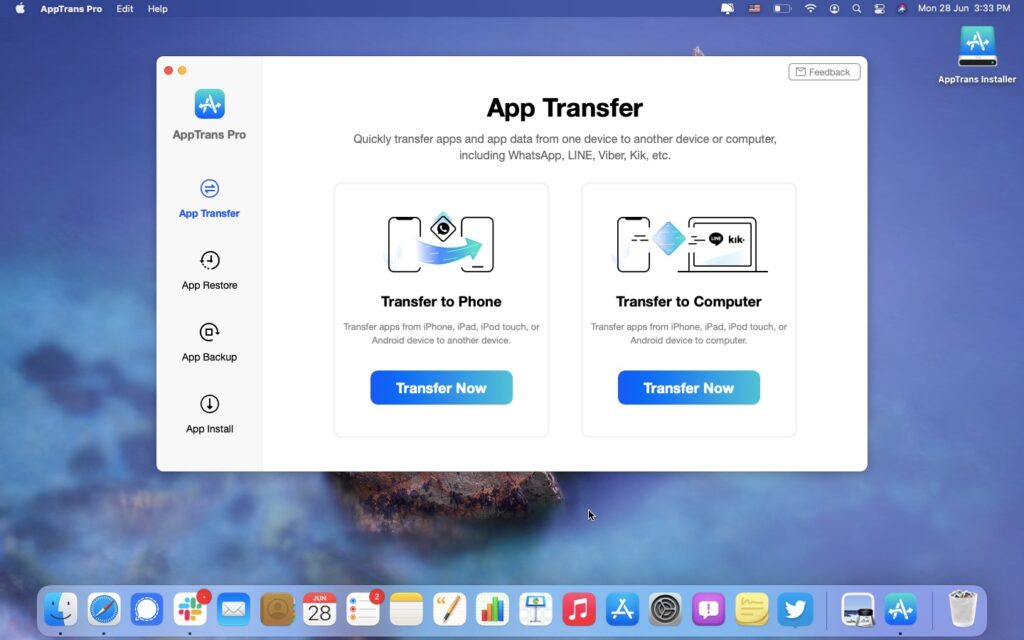


The researchers have been working on a software project called AppTrans, with the goal of making undisclosed data collection practices more transparent. Researchers say it's time to crack open AI 'black boxes' and look for the biases inside.Why your next job interview could be with a machine.Because they want to make the ads relevant to individual users, ad libraries often want specific information about those users.įor those who may be more familiar with the cookies that track your online browsing habits, Austin says that on mobile devices, "you're being tracked through these ad libraries and these analytics libraries in a very similar way." To generate revenue, app developers often embed software code, known as ad libraries, allowing them to display ads within their app. "This is one of the ways in which you're getting tracked through your use of apps," said Lisa Austin, a law professor and one of the study's co-authors. But a recent study found there can be a gap between what's described in that privacy policy, and what the app actually collects and shares.Īn analysis by University of Toronto researchers found hundreds of Android apps that disclosed the collection of personal information for the app developer's own purposes - but, at the same time, didn't disclose the presence of third-party advertising or analytics services that were collecting the personal information, too. If you want to better understand how an app or a service plans to use your personal information, its privacy policy is often a good place to start.


 0 kommentar(er)
0 kommentar(er)
